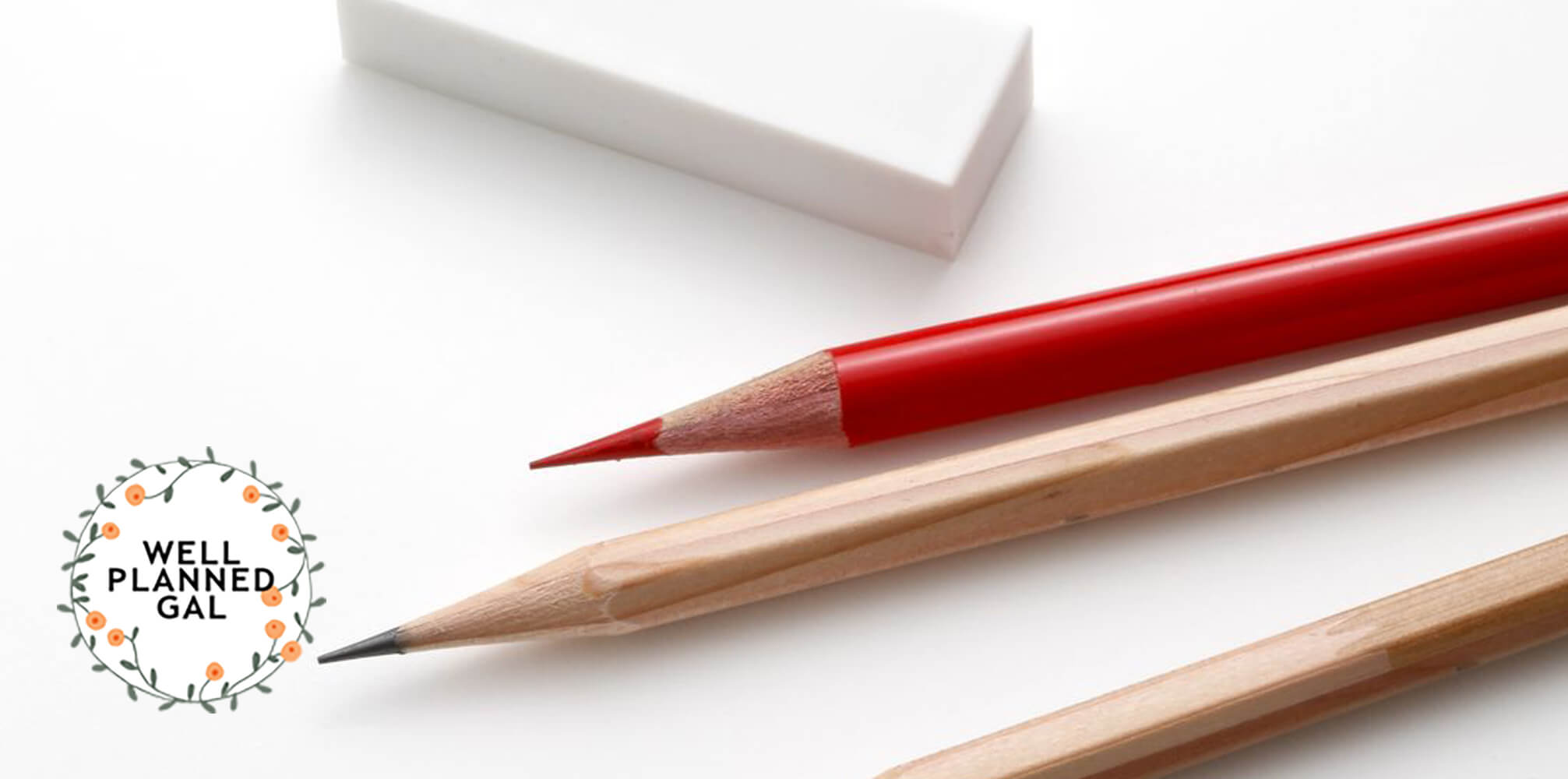Many parents who are thinking about homeschooling their children are understandably concerned about their qualifications. After all, public schools use certified teachers to instruct their students. How can a parent do as well as an entire group of certified teachers?
Before I answer that question, let me give you some perspective on the certified teachers used in public schools. While you can find some amazing teachers who are incredibly qualified in a public school setting, you might be surprised to learn that there are a significant number of unqualified teachers there as well. Did you know that nationwide, 46% of teachers who are teaching a high school class in the physical sciences (like earth science, physics, chemistry, etc.) don’t even have a minor in the subject they are trying to teach? (1) How effective do you think such teachers are?
But Am I Qualified?
Now, of course, you might be saying that you don’t have a minor in most of the subjects your children will have to learn, so how in the world can you be qualified to teach them? The important thing to realize is that as a homeschooling parent, your job is not necessarily to teach your children. Instead, it is to help them learn. There is a big difference between the two.
Teaching or Facilitating: Understanding the Difference
When you are teaching children, you need to know the subjects you are teaching them, because you are their main resource person. When you are homeschooling, that’s not what you do. Instead, you facilitate your children’s learning, which means you use resources that will help you and your children learn together. That’s the big difference between a school setting and a homeschool setting. In a school setting, teachers are imparting information to the students. In a homeschool setting, an environment of learning is established so that everyone, including the parent, is learning.
It’s not surprising, then, that when you study the results of home education, you find that they are nearly independent of the education level attained by the parents. Consider, for example, the results of a 2009 study conducted by Brian Ray. He evaluated more than 11,000 home educated students in all fifty states, as well as Guam and Puerto Rico. When he grouped them according to whether or not their parents had university degrees, he found these results (2):
Notice that the average homeschooled student scored well above the national average (the red line), regardless of whether or not the parents had any university degrees.
On average, if one parent had a degree, the homeschooled students did slightly (3%) better than the students whose parents had no degrees. In addition, those whose parents both had degrees did slightly (4%) better than those who had only one parent with a degree.
Nevertheless, all parents (even the ones with no degrees) produced homeschooled students who, on average, scored more than 30% above the national average! This tells us that while the education of the parent has a small effect on the quality of a homeschooled student’s education, the effect is insignificant compared to what the student gets from being educated at home in the first place.
It is also important to note that in the same study, homeschooled students with at least one parent who was a certified teacher scored, on average, in the 87th percentile on standardized tests. The students whose parents were not certified teachers scored, on average, in the 88th percentile. So whether or not a homeschooling parent is certified as a teacher makes almost no difference in the quality of the children’s home education.
So how do you know if you’re qualified to homeschool?
The answer is simple. Are you willing to get up every weekday morning, whether you feel like it or not, and help your children learn? Are you willing to hold them to the same standard academically that you hold them to in the other areas of their lives? Are you willing to sacrifice your time, energy, and money so that your children will have a superior education? Are you willing to get to know your children in a way that most parents never have the opportunity to do? If you answered “yes” to those questions, then you are qualified to homeschool.
















Steph
I struggled so much with this recently esp. as it relates to math. Then one night I went to our church ladies’ group and the county math specialist (with a masters in that very field) was very stressed out because after two years working with the elem. kids using the things she has been taught the kids’ test scores were still tremendously bad. Bad, bad, bad. Really bad. Those were her comments. I realized that though my kids move more slowly than some they are learning to complete their work, to try and try again and they are LEARNING it.
Dr. Jay L. Wile
Thanks for your comment Steph. Since you specifically mentioned math, I want to share something with you. I have interviewed several homeschooled students who are now adults. One of the young ladies I interviewed makes a living as a covert operative in a private security firm that contracts with the Federal Government. Yes, home education has produced at least one spy! Well, in our interview, I asked what she would like to say to homeschooling parents and homeschooled students. Here is a portion of her reply:
“I remember times when we were doing math, and I was in tears; my mom was in tears. But it was so worth it. I have been given such an amazing gift.”
I think that speaks volumes.
Steph
Thanks for that.
chrissie
I am so thankful that my friend shared this article/blog post on FB. I struggle with self doubt on starting to homeschool my children. I want to give them the very best and that might be me.